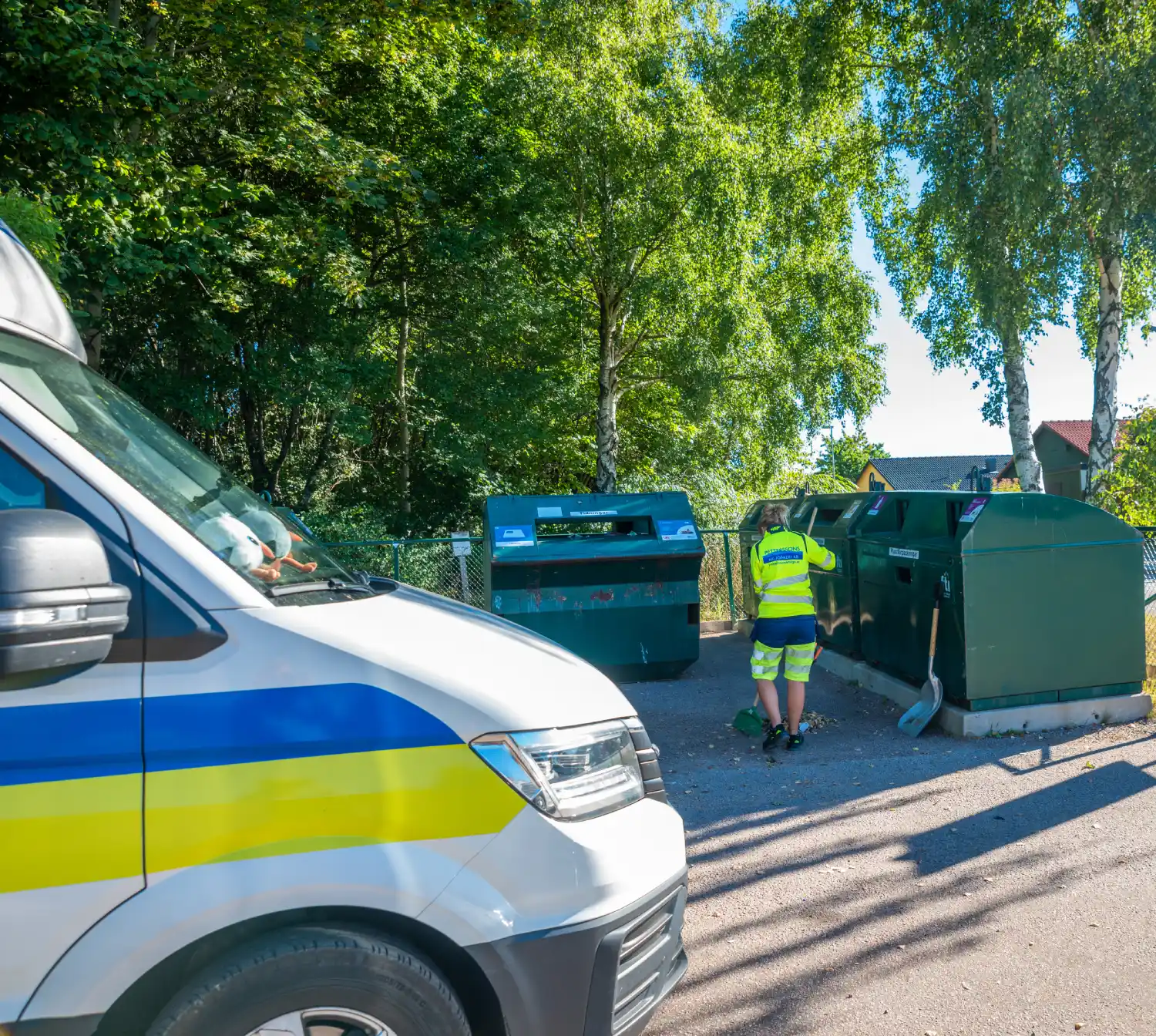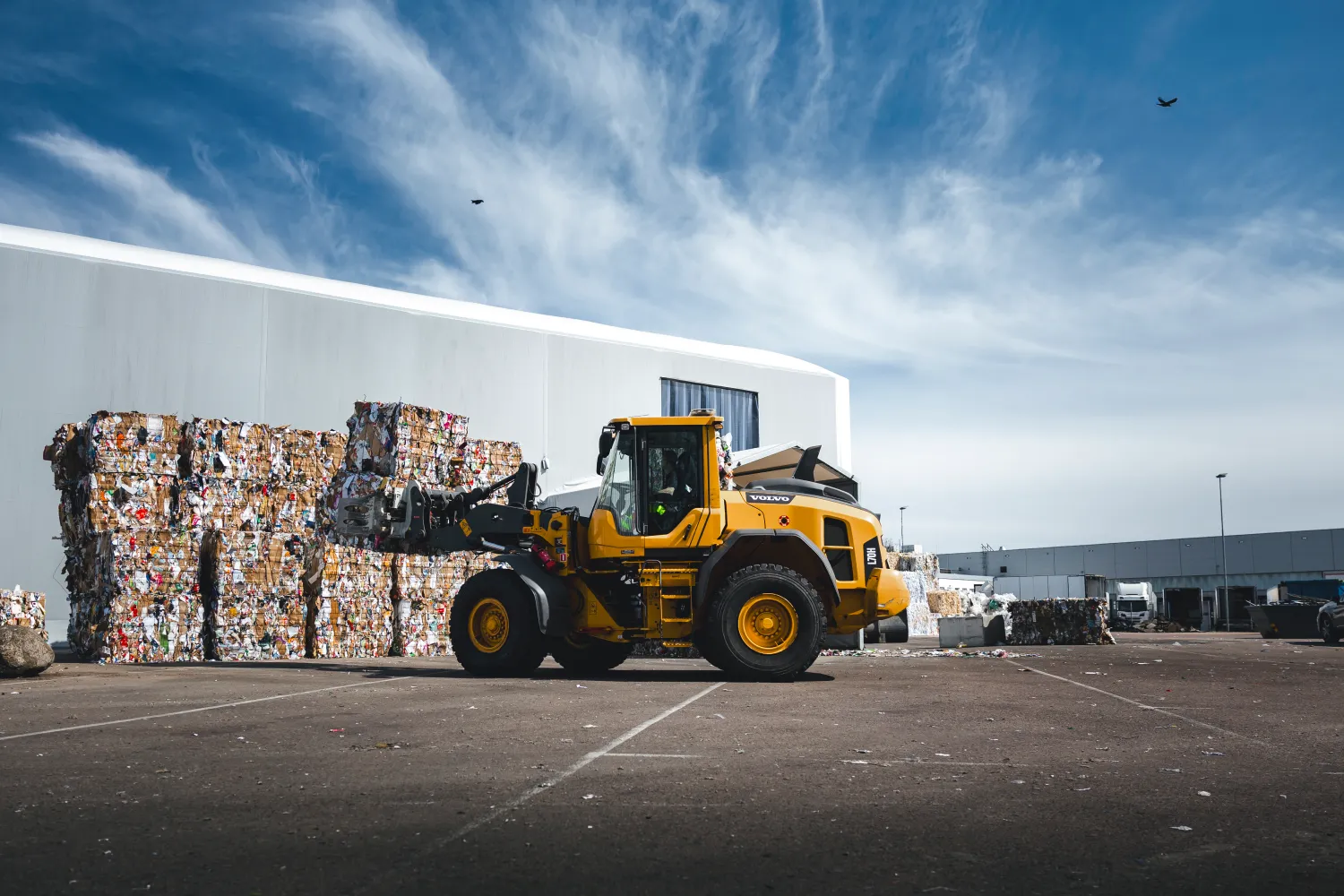The Integral Link Between Recycling Stations and Waste Reduction
The Integral Link Between Recycling Stations and Waste Reduction
Blog Article
Sweden is widely recognized as a global leader in sustainable living and recycling. With a recycling charge of more than 997, the country has collection an ambitious common for waste management. Nevertheless, achieving such accomplishment is no little feat. Organizing recycling initiatives across Sweden's 290 municipal places involves elaborate coordination, sophisticated technologies, and community participation. This article has a sooner look at how Sweden has successfully structured their municipal Recycling (Återvinning) systems and the main element statistics underpinning its achievements.
The Role of Municipalities in Recycling
Sweden's decentralized spend administration system areas a significant quantity of duty on municipal authorities. Each municipality is tasked with coordinating, gathering, and getting rid of home waste, ensuring it complies with national recycling laws. Municipalities function in coordination with national agencies to meet sustainability goals and provide cost-efficient spend administration solutions.

Recent information shows that around 50% of home spend in Sweden is recycled, while the remainder is applied for power recovery through incineration. One of the best challenges municipalities face is creating recycling accessible and easy for people across metropolitan, suburban, and rural areas. To undertake that, municipalities create well-distributed recycling centers, introduce curbside collection programs, and present drop-off details for certain spend categories, such as report, metals, plastics, and hazardous materials.
Sophisticated Systems Operating Recycling Effectiveness
Engineering represents an important role in facilitating Sweden's municipal recycling efforts. Information from spend management studies highlights an increasing usage of AI-powered spend selecting services, which improve the procedure of breaking up recyclable components from basic waste. Automated systems at recycling centers recognize components like glass, plastic, and steel with exceptional reliability, lowering handbook work and raising the entire recycling rate.
Furthermore, municipalities are applying intelligent bins designed with devices that check spend levels. These bins allow for more efficient selection schedules, lowering gas use and carbon emissions related to waste transportation.
Community Wedding and Consciousness
Statistics reveal that over 85% of Swedes actively participate in recycling efforts, attributing this level of involvement to powerful neighborhood outreach and knowledge initiatives. Municipalities perform typical recognition campaigns to inform citizens about recycling directions, while schools include environmental training within their curriculum to foster eco-conscious habits from a young age.

Particularly, nearly 60% of citizens report so simple access to recycling stations inspires them to recycle consistently. Municipalities carry on to concentrate on comfort and user-friendly infrastructure to steadfastly keep up and increase community participation.
A Product Worth Replicating
Sweden's organized recycling efforts show how municipalities, technologies, and community action may work together to attain outstanding results. By ensuring convenience, fostering public engagement, and leveraging scientific breakthroughs, Sweden has generated a blueprint for sustainable waste management that different countries can look to for inspiration. Report this page